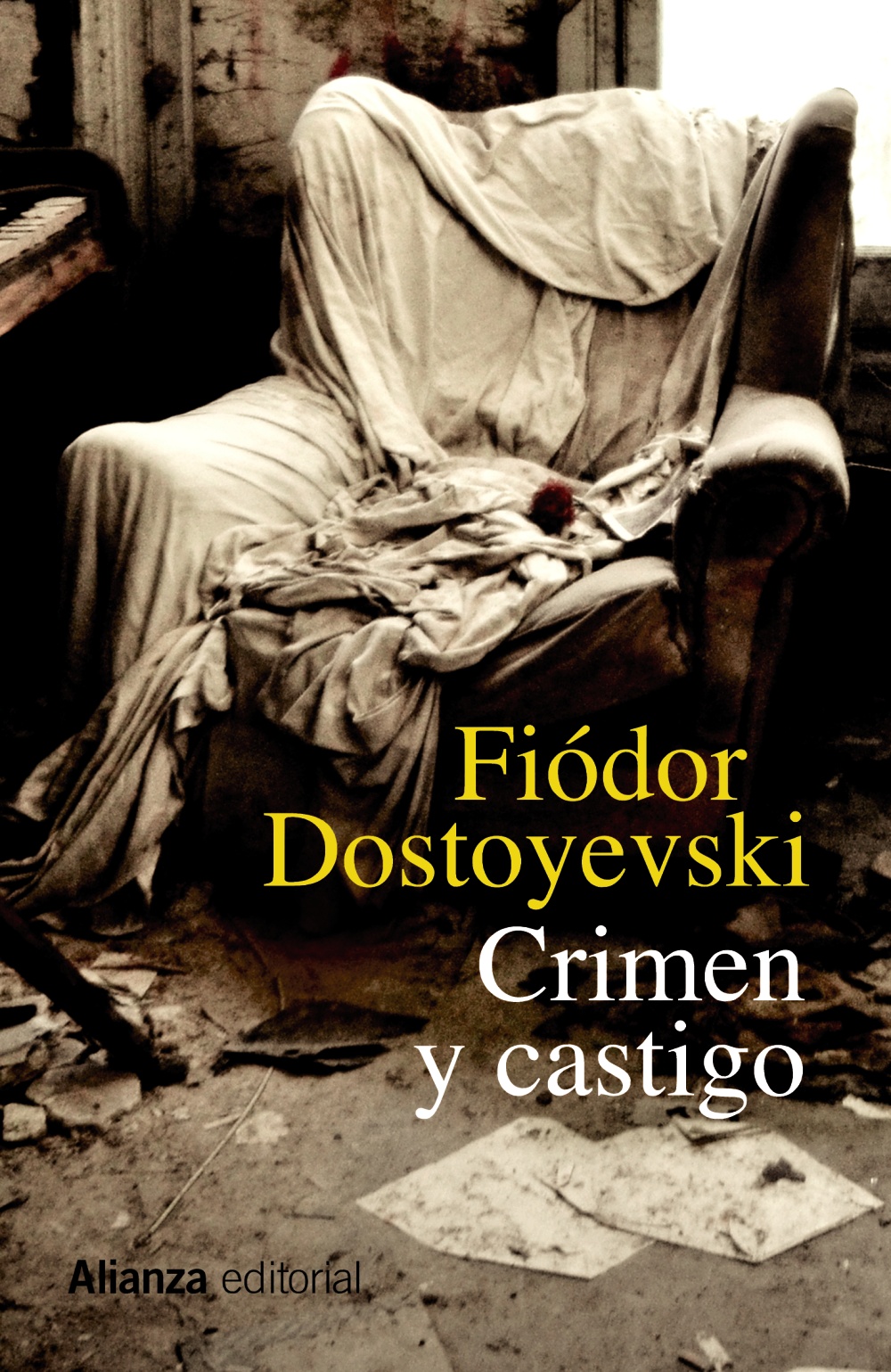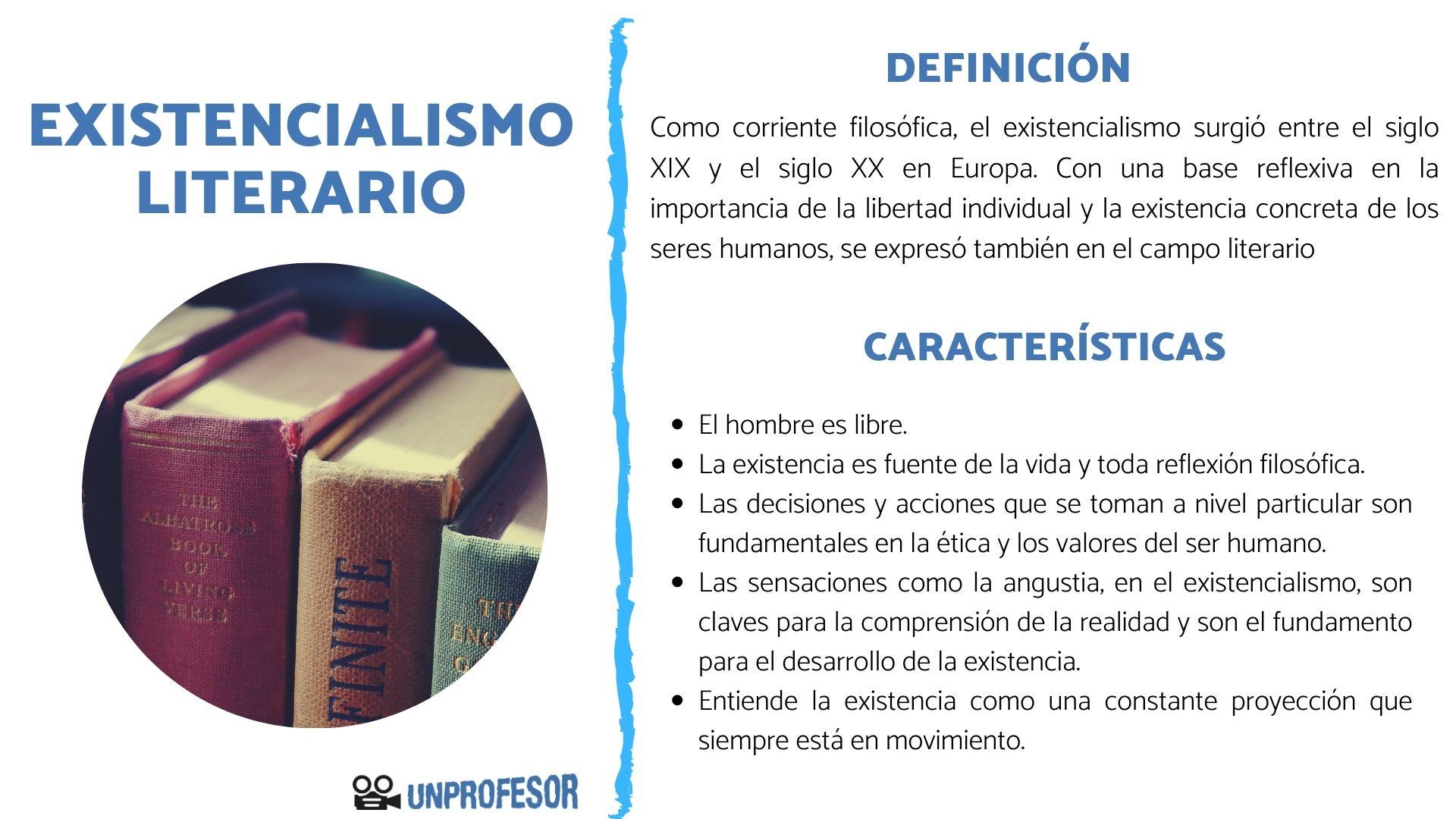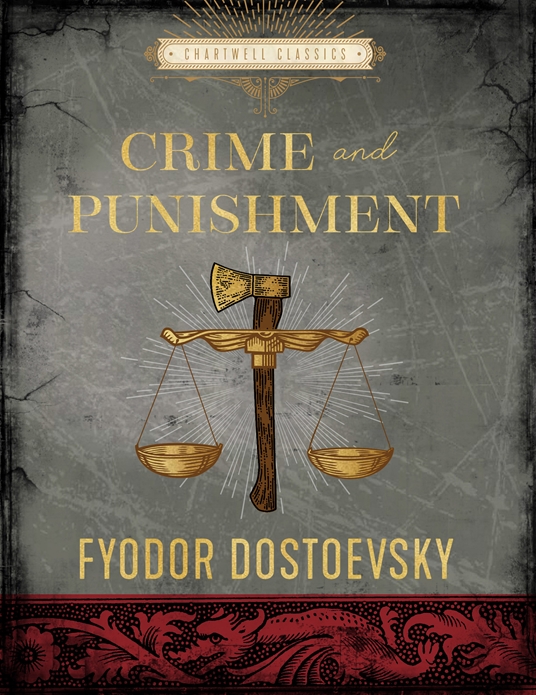Crime and punishment

Crime and punishment

The binomial 'Crime and Punishment' immediately evokes the masterpiece of Fyodor Dostoevsky, but it goes much further, encompassing deep concepts in philosophy, sociology, law, and psychology.
Crime and Punishment: A Multidisciplinary Exploration
The study of crime and punishment focuses on the causes of delinquency, society's responses to criminal acts, the nature of justice, the ethics of punishment, and the impact of both on the individual and the community.

In Literature and Existentialist Philosophy:
The novel "Crime and Punishment" (1866) by Fyodor Dostoevsky is the pinnacle work that explores these themes from a deep psychological and philosophical perspective.

* Fyodor Dostoevsky (1821-1881):
* Key concepts in "Crime and Punishment":
* The Übermensch vs. the ordinary man: The protagonist, Raskolnikov, develops a theory that "extraordinary" individuals (like Napoleon) have the right, and even the duty, to transgress moral and social laws if their actions benefit humanity or allow them to achieve a higher purpose. His crime is an experiment to test this theory and his own exceptionalism.
* Guilt and psychological torment: Dostoevsky does not focus on "who did it" (the reader knows from the beginning), but on "why" and, crucially, on the devastating psychological consequences of the crime. Raskolnikov's guilt, paranoia, and isolation are the true punishment, beyond any legal penalty.
* Redemption through suffering: The novel explores the idea that suffering can purify the soul and lead to redemption, especially through faith and love (represented by Sonia Marmeládova). * Nihilism and morality: The work engages with the intellectual currents of Russia in its time, including nihilism and utilitarianism, questioning whether pure reason or the greater good can justify immorality.
In Criminology and the Sociology of Law:
Criminology is the discipline that studies crime as a social phenomenon, its causes, its actors, and the institutional responses.
* Classical School of Criminology (18th Century):
* Main Authors:
* Cesare Beccaria (1738-1794): With his work "On Crimes and Punishments" (1764), Beccaria is considered the father of modern criminology. He advocated for the rationalization of the penal system, the proportionality between crime and punishment, the abolition of torture and the death penalty, and the publicity of trials. His approach was utilitarian: punishment should serve to prevent future crimes.
* Quote: "In order for any punishment not to be a violence by one or many against a particular citizen, it must be essentially public, prompt, necessary, the minimum possible under the given circumstances, proportionate to the crimes, and dictated by laws." * Reference: Beccaria, C. (1764). On Crimes and Punishments.
In the Theories of Punishment (Philosophy of Criminal Law):
The justification and purpose of punishment have been central themes in philosophy and law. * Retribution Theories: * Concept: Punishment is just because the offender deserves to be punished for the harm they have caused. It focuses on the past, on the severity of the act committed. The penalty is a retribution for the offense.
* Authors:*
Immanuel Kant (1724-1804): Argued that punishment is a categorical imperative of justice, not a tool to achieve social ends (such as deterrence). The offender is an end in themselves and must be treated according to the principle of the moral law they have violated.
* Reference: Kant, I. (1797). Metaphysics of Morals.
* Georg Wilhelm Friedrich Hegel (1770-1831): Saw crime as a "denial of right" and punishment as the "denial of that denial," that is, the reaffirmation of right.
* Reference: Hegel, G. W. F. (1821). Principles of the Philosophy of Right.
* Consequentialist/Utilitarian Theories (or Preventative):
* Concept: Punishment is justified by its beneficial future results for society.
* Types:* General Prevention:
* Positive: Reaffirms social norms and trust in the legal system.
* Negative (Deterrence): Tries to deter the general population from committing crimes through the fear of punishment. (Beccaria and Bentham are pioneers here).
* Special Prevention:
* Negative (Incapacitation): Prevents the offender from reoffending (e.g. imprisonment).
* Positive (Rehabilitation): Seeks to reform the offender so that they do not commit more crimes (e.g. reintegration programs).
This panorama demonstrates that 'Crime and Punishment' is not only the title of a novel, but a vast field of study that has been approached from various perspectives throughout history, reflecting the complexities of human morality, social organization, and the pursuit of justice.



Comentarios
Publicar un comentario